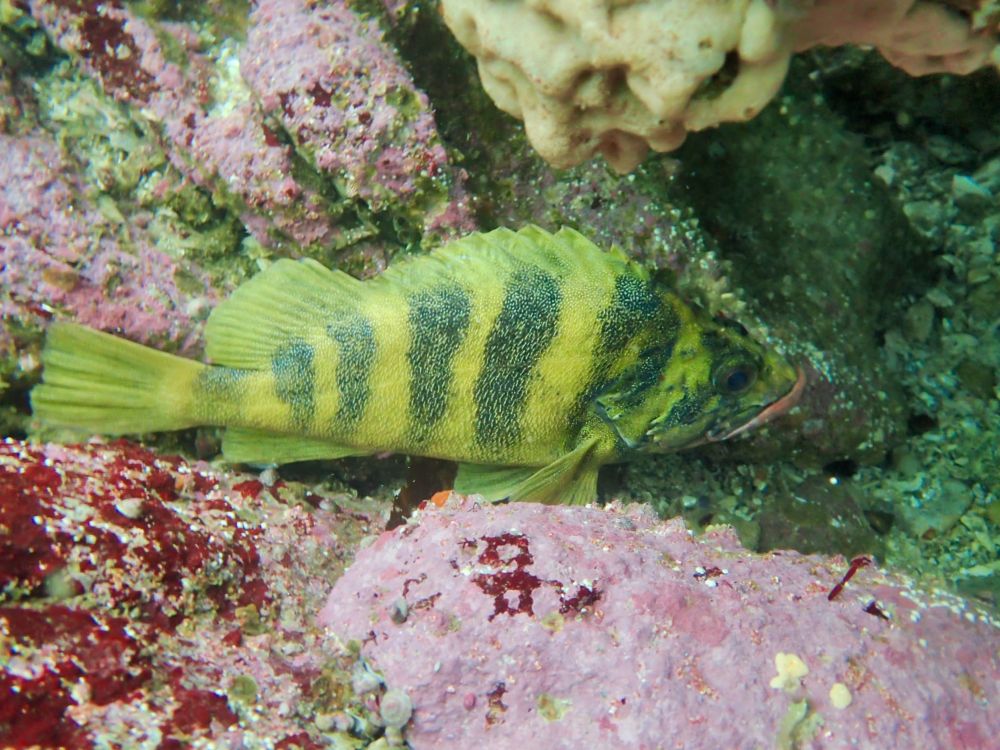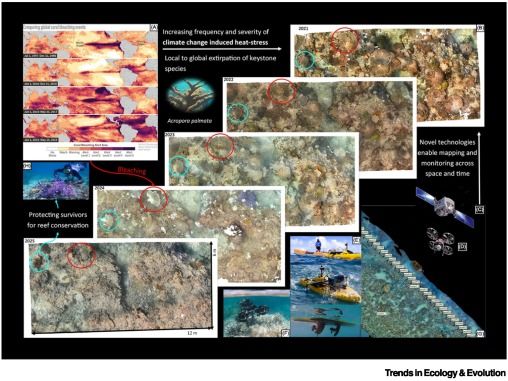
Here we challenge what a reef recovery looks like and show:
🪸 Early recruits drive long-term recovery
🪸Later recruits failed to survive
🪸 Apparent recovery masks declining diversity
link.springer.com/article/10.1...

Here we challenge what a reef recovery looks like and show:
🪸 Early recruits drive long-term recovery
🪸Later recruits failed to survive
🪸 Apparent recovery masks declining diversity
link.springer.com/article/10.1...
My friends, that question expired years ago. (If you need receipts, my book Saving Us is literally a 300-page answer.)
The real question is: How are you PRACTICING hope?
Because Greta is right ..

My friends, that question expired years ago. (If you need receipts, my book Saving Us is literally a 300-page answer.)
The real question is: How are you PRACTICING hope?
Because Greta is right ..
www.hhmi.org/programs/cec...

www.hhmi.org/programs/cec...







jobs.uri.edu/postings/15960

jobs.uri.edu/postings/15960

doi.org/10.1111/gcb....
doi.org/10.1111/gcb....

Link in the comments!
#MarineEcology 🌐🌏🪸🌊🦑

Link in the comments!
#MarineEcology 🌐🌏🪸🌊🦑



#gili #giliislands #lombok #diving #scuba #giliair #pets #trawangan #ocean #sealife #marinelife #padi #eel #moray #laced
#gili #giliislands #lombok #diving #scuba #giliair #pets #trawangan #ocean #sealife #marinelife #padi #eel #moray #laced
royalsociety.org/science-even...

royalsociety.org/science-even...
📲Get the details and register:mit.whoi.edu/admissions/info-sessions



📲Get the details and register:mit.whoi.edu/admissions/info-sessions
🪸Recovery hinged on strong ecological factors & key data for adaptive coral reef management.
newsroom.wcs.org/News-Release...

🪸Recovery hinged on strong ecological factors & key data for adaptive coral reef management.
newsroom.wcs.org/News-Release...
@bristolbiosci.bsky.social
www.bristol.ac.uk/jobs/find/de...

@bristolbiosci.bsky.social
www.bristol.ac.uk/jobs/find/de...

#marineecology
#research
www.nature.com/articles/d41...

#marineecology
#research
www.nature.com/articles/d41...


www.cbsnews.com/news/florida...

www.cbsnews.com/news/florida...


